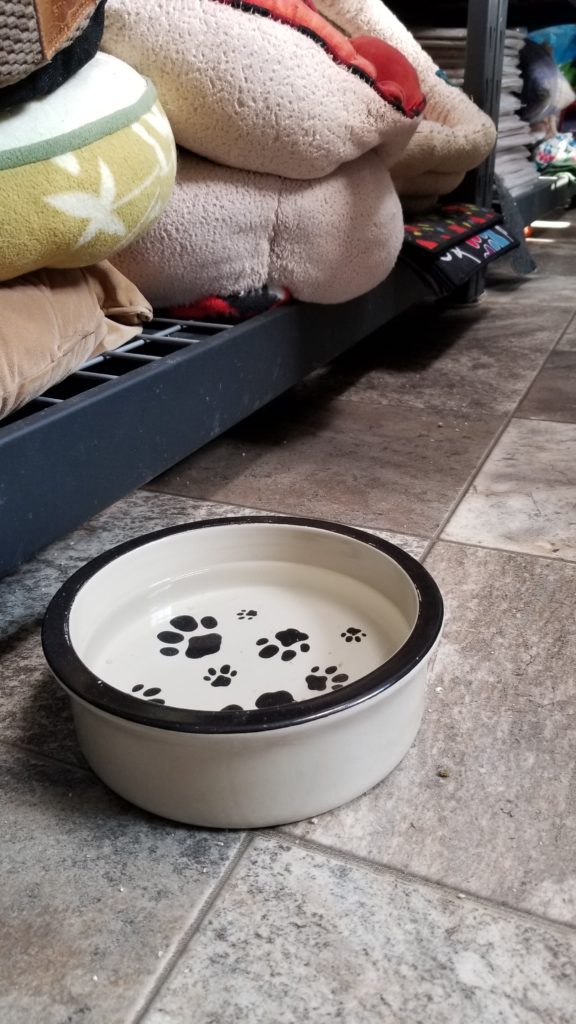
Giving a loving home to a senior cat is a beautiful and meaningful experience. Older cats have the same qualities that the younger ones. They are affectionate, kind, and sensitive. Senior cats often have complex needs and are less likely to find a home. When you bring home an older cat, consider the following aspects of cat care.
Physical and behavioral changes.
Older cats experience their golden age in a uniquely individual way. As they age, cats develop chronic health conditions. SNAP Cats reviews senior cat health. We will go over some conditions in this article. Most diseases are not curable, but the appropriate treatment, prevention, and early detection are essential for your cat’s quality of life and well-being.
- Physical health
Cats undergo physical and behavioral changes as they age. Similar to humans, the cats’ immune system function decreases, and the cats lose the ability to fight infections. Senior cats may develop arthritis, a progressive deterioration of the joint structure and function. Arthritis affects your cat’s mobility and may result in difficulty navigating stairs and using a litter box.
- Sensory changes
Changes in sensory function are another common condition in older cats. Hearing loss and impaired vision often affect the cat’s ability to navigate its environment. Cats can develop heart disease, high blood pressure, kidney disease, diabetes, and other metabolic disorders. Additionally, senior cats may suffer from cognitive changes that affect their behavior.
You can find more about senior cat health here.
Regular veterinary care.
All the listed above conditions affect your cat’s daily living and interfere with his ability to function. A veterinarian is the best source of information regarding your cat’s health. Establish regular veterinary care for your cat. Your senior may have complex healthcare needs. A regular provider will help to ensure the best care decisions. Carefully observe the cat and report any changes in condition or unusual findings. Your veterinarian will determine the cat’s needs and provide the appropriate treatment plan.
Adjust your living space for your senior needs.
- Comfortable beds
Older cats have lower energy and experience mobility problems due to bone and joint diseases, pain, and other chronic conditions. A soft, comfortable bed will help your cat to have a good rest, relieve pain and pressure. Consider placing multiple beds and blankets around your house. Observe your cat’s behavior and find his favorite sleeping spots.
- Use warm blankets for your senior.
Older cats have thin, fragile skin, diminished blood circulation, and less subcutaneous body fat and have difficulty maintaining the necessary body temperature. Use warm, cozy blankets for your cat, especially, during the winter season. Fuzzy coats or clothing will allow your cat to enjoy your scent.
- Use litter boxes with lower sides.
Senior cats have mobility issues. They suffer from pain and have difficulty climbing into a litter box. Utilize multiple litter boxes designed for senior cats with low sides. Place the litter boxes in convenient locations when the cat has a manageable walking distance and avoid using stairs if possible.
- Provide access to freshwater.
Older cats are prone to dehydration and decreased blood circulation. A senior cat must have easy access to fresh, clean water at all times. Pain and mobility problems may restrict movement, decrease their desire to get up and walk a long distance to drink water. Clean, fresh water should be easily accessible for your senior. Keep multiple water dishes in the cat’s environment.
- Use safe pet stairs.
Safe pet stairs can help your senior access the spots like your bed, desk, or favorite window. Assess your room and determine the right size and dimensions for the stairs. Carpeted stairs provide a better grip for the paws. The rubber on the bottom of the stairs provides additional stability during use.
- Restrict the cat’s access to unsafe areas.
Restrict the cat’s access to unsafe areas, such as balconies, garages, machinery, heights, and slippery surfaces. If you have a multiple-story house, supervise your cat closely when using the house stairs.
Prevent your senior from climbing on the railing or between the rails. If possible, keep the cat at the same level most of the time, either lower or upper floor.
Disability and special needs.
Many cats with disabilities and special needs can live in a regular house. You can successfully manage their health conditions at home with the right resources.
Consult with your veterinarian. The veterinary health professional will determine your senior needs and develop an appropriate care plan. Consult with your vet and research the best medicines and care products for your cat.
End-of-life care considerations.
Sadly, older cats are at higher risk of developing cancer, heart disease, and kidney failure. When caring for a sick animal, use your veterinarian’s guidance and personal judgment. Request a second opinion or consult with a specialist, such as an oncologist, cardiologist, or nephrologist. Discuss with your doctor the available treatment options and optimal quality of life.
Caring for someone at the end of their life is emotionally challenging, and you will need a solid support system. Prepare yourself psychologically and emotionally. Reach out to your community resources, such as animal rescues, charities, volunteers, and psychologists.
Summary.
Giving a home to a senior cat is a beautiful, meaningful experience. Older cats often have complex health needs and are less likely to be adopted.
Senior cats develop chronic conditions but may live a quality life with the appropriate interventions. Chronic health issues in older cats affect their daily functioning and ability to navigate their environment. Equip your living space and create a safe, comfortable environment for your cat by providing the necessary items.
Always check with your veterinarian and schedule routine examinations. The healthcare professional will develop a treatment plan for your elderly cat.
